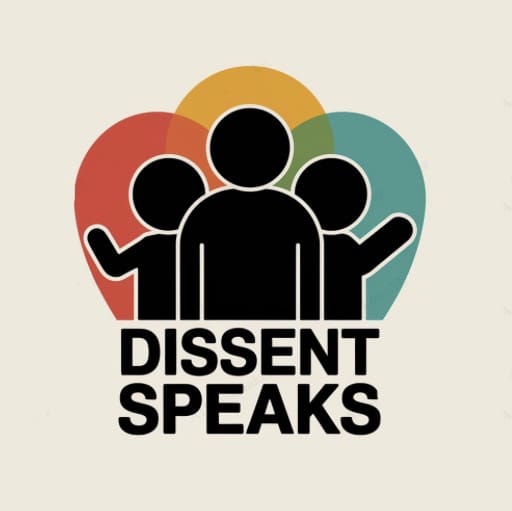In 2002, the Idaho Legislature considered Senate Bill 1344, a significant piece of legislation that proposed amendments to the state’s criminal code regarding the legal status of embryos and fetuses. This analysis examines the bill’s language, potential implications, and broader impact on healthcare access and rights.
Key Provisions of the Bill
The legislation proposed several notable changes to Idaho’s criminal code:
- Expansion of Murder Definition: The bill amended Section 18-4001 to expand the definition of murder to include “the unlawful killing of a human being including, but not limited to, a human embryo or fetus, with malice aforethought.”
- Manslaughter Provisions: Similarly, it modified Section 18-4006 to include embryos and fetuses within the definition of manslaughter, covering both voluntary and involuntary circumstances.
- Aggravated Battery: The legislation added provisions specifically addressing harm to embryos or fetuses in cases of battery against pregnant individuals.
Critical Implications for Healthcare Access
The research indicates several concerning implications for healthcare access and patient safety:
Healthcare Deterrence Effect
According to the provided research, legislation that creates potential criminal liability in healthcare contexts can lead to significant deterrence from seeking medical care. As noted in the first document: “If women were at risk of being criminally charged…for obtaining healthcare services, many would likely avoid seeking essential care—even in emergency situations.”
Impact on Medical Decision-Making
The bill’s language, while including certain exemptions, could potentially create uncertainty in medical decision-making. Healthcare providers might become hesitant in providing certain types of care due to concerns about legal liability.
Public Health Considerations
The research emphasizes that such legislative approaches can “erode public trust in both the healthcare system and the legal system,” potentially leading to broader public health challenges as individuals become “fearful of engaging with any medical provider.”
Legal Analysis and Safeguards
The bill does include several important exemptions under Section 18-4016:
- Protection for consensual medical procedures
- Exemptions for medical treatment of pregnant women
- Specific protections preventing prosecution of women regarding their own pregnancy
However, the research suggests that even with such exemptions, the mere existence of potential criminal liability can create a “chilling effect” on healthcare access and delivery.
Broader Societal Impact
The research indicates several broader implications:
- Healthcare Disparities: Such legislation could “disproportionately affect marginalized groups and those with fewer resources to challenge such charges.”
- Public Trust: The implementation of such policies risks undermining confidence in both healthcare and legal systems.
- Long-term Consequences: The research suggests potential “catastrophic impacts on women’s health, safety, and rights.”
Understanding the Context
It’s important to note that this legislation was considered in 2002, during a period when many states were grappling with similar issues. The bill’s language and approach reflect broader legislative trends of that era, though its implications continue to be relevant to contemporary discussions about healthcare access and rights.
Actionable Steps for Concerned Citizens
For those concerned about the implications of such legislation, several steps can be taken:
- Stay Informed
- Monitor current legislative proposals in your state
- Follow updates from organizations like the Guttmacher Institute and WHO
- Subscribe to legislative alert services for your state
- Engage with Advocacy
- Contact state legislators to express concerns
- Support organizations working on healthcare access issues
- Participate in public comment periods for proposed legislation
- Support Healthcare Access
- Support organizations working to maintain healthcare access
- Share accurate information about healthcare rights and resources
- Advocate for evidence-based healthcare policies
Conclusion
While SB 1344 included certain protections and exemptions, the research suggests that such legislation can have far-reaching implications for healthcare access and public health. Understanding these impacts is crucial for informed civic engagement and policy discussions.
Resources for Further Information
- World Health Organization: www.who.int
- Guttmacher Institute: www.guttmacher.org
- State Legislative Information Systems
- Local Legal Aid Organizations
Note: For the most current information on healthcare rights and legislation in your area, consult local legal resources and healthcare providers.
This analysis aims to provide a comprehensive understanding of the legislation while maintaining focus on its practical implications for healthcare access and public health.


